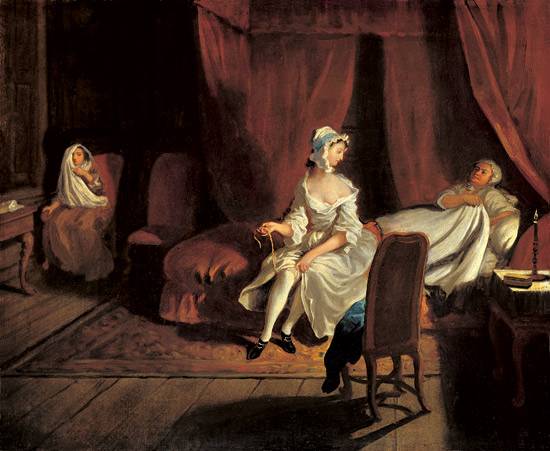The satirist is to be regarded as our physician, not our enemy.
—Henry Fielding, 1707-1754
Like lawyers, physicians may no longer be the great opinion leaders, or social architects, they once were, or people had hoped they would be. Still, you get what Fielding was trying to say. But satire (even Swift’s) really never moves people. It just clarifies and makes them think.
So maybe it’s ironic that satire is the only form of legal writing (I’ve even seen clever poetry in U.S. Tax Court pleadings) no one ever does–and should not try to do–in court papers, opinion letters or inter-lawyer correspondence. The law needs certainty, clarity and steadiness of tone–all kept at a consistent wave-length so we do not lose our place. You need to know the speaker or writer is 100% dead stone sober, and painfully no-nonsense serious. All are necessary mediocrities, if no fun at all.
But you do get excited and think you are about to see some great and epic satire and commentary every time you read a pleading which begins “COMES NOW…”, a letter which begins (and my favorite) “Enclosed herewith please find…” or contract which uses “said” frequently. You are disappointed when you realize it’s intended to be a serious document.
Legal Writing. Legalese. Legal-Speak. Can’t we just “say it”?

Fielding’s first novel was Joseph Andrews (1742), in which footboy Joseph rejects Lady Booby’s advances.
